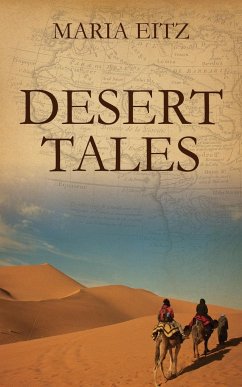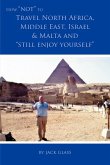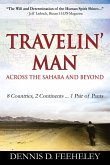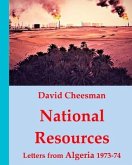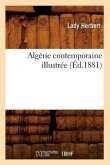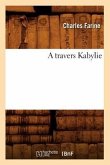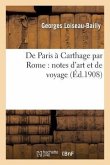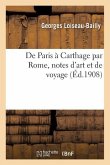During the terrible drought in the 1980s which gripped East Africa, squeezing her people, animals and the very landscape dry, I took a group of medical people to help a nomadic tribe in Sudan battle for survival. The Hadendowa, a branch on the Bega family tree, wander with their camels and goats in small groups through the arid land from the Eritrean Mountains to the Red Sea. Their forefathers established camps and resting places along ancient routes where water could be found. Today they still congregate around the same deep, hidden wells, to wait out the season of sandstorms while the desert whirls and churns, the sea of sand is whipped by a hot wind, and whole dunes fly through the air as if they are no more than handfuls of dust. The nomads laugh at our inability to cope with flying sand. "Malesh!" they say. "Never mind! It is a habit of Allah's to crumble mountains and scatter dunes once or twice a year. Inshallah!" They teach us, who came to teach them, how to lean against the wind, and wrap long turban cloth around our heads and faces, leaving only slits for the eyes to see through. They try to make us laugh at Allah's show of power when he is busy reshaping the land for his people, the Hadendowa. Over time villages sprang up around the deepest wells, houses and compound walls made from mud-straw bricks shaped by ancient know-how and baked hard in the desert sun. I acquired the largest house in the village Tokar from a Sudanese merchant who now held a government post and lived in a villa in Port Sudan. The medical team settled into village life. For more than five years we learned from the Hadendowa how best to teach each other what we needed to know. I could only stay three to four weeks with the team once or twice a year when I brought supplies and medicines and sometimes a new doctor or nurse to the village in the desert. It was my responsibility to negotiate or renew necessary contracts, agreements and permits regarding our work with the Haden

